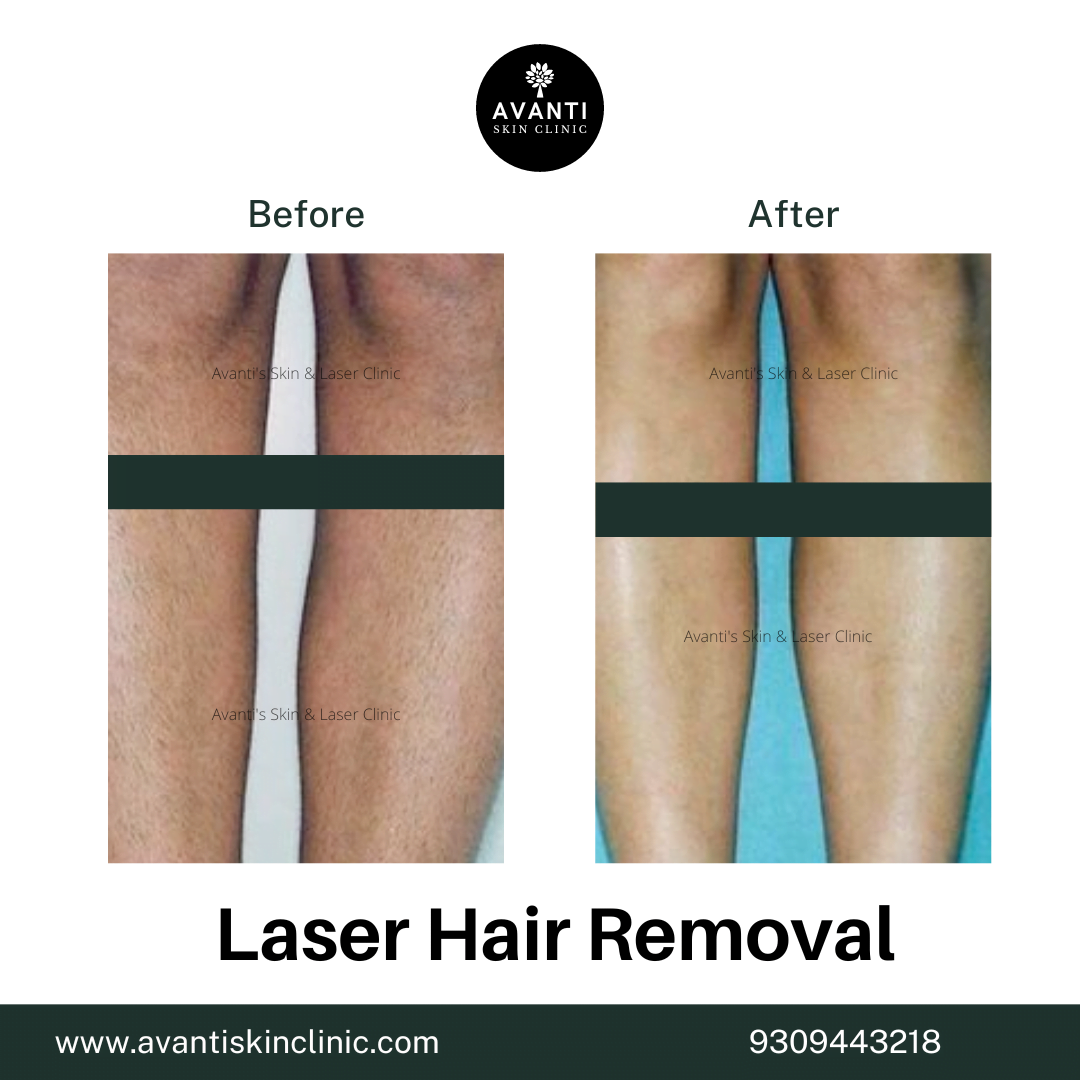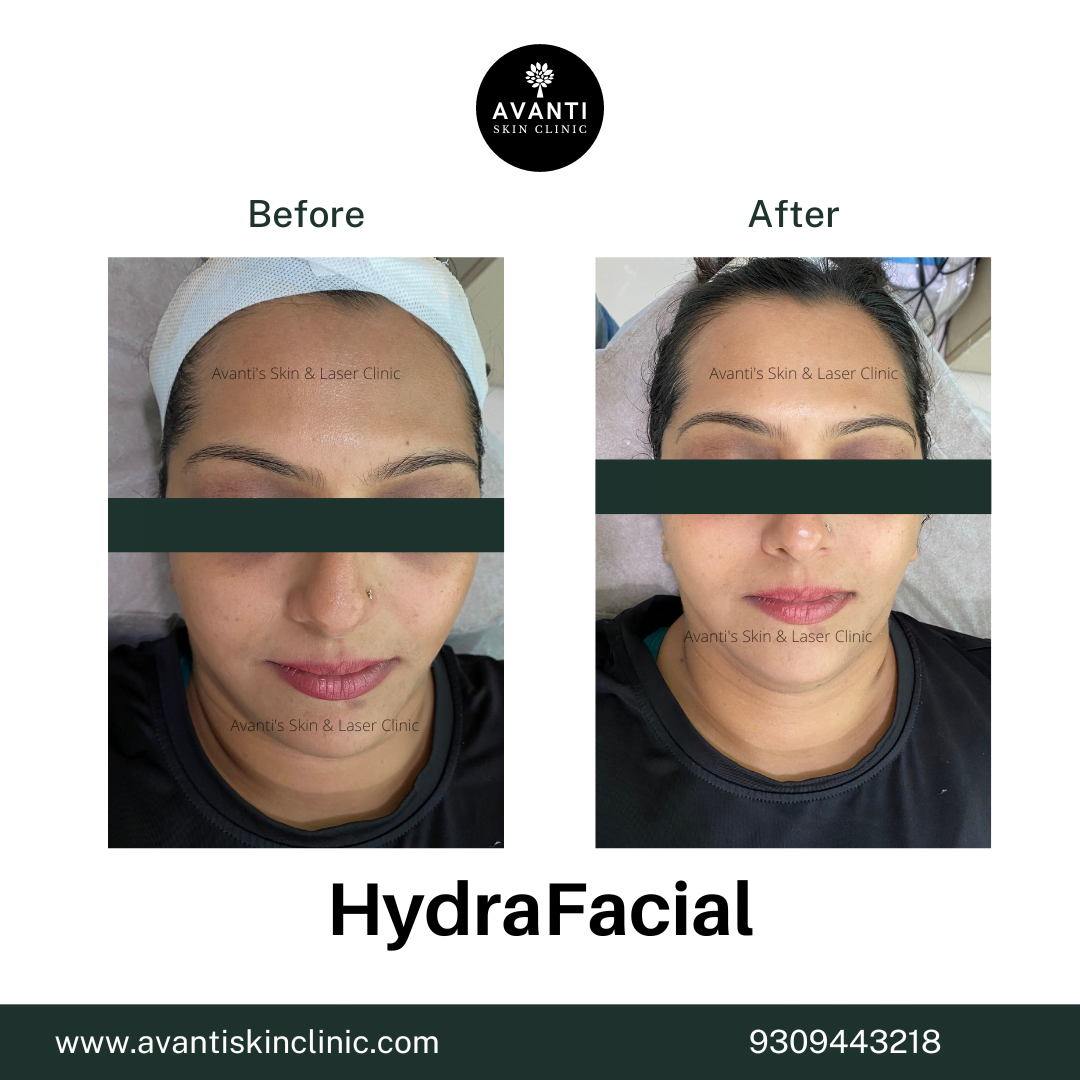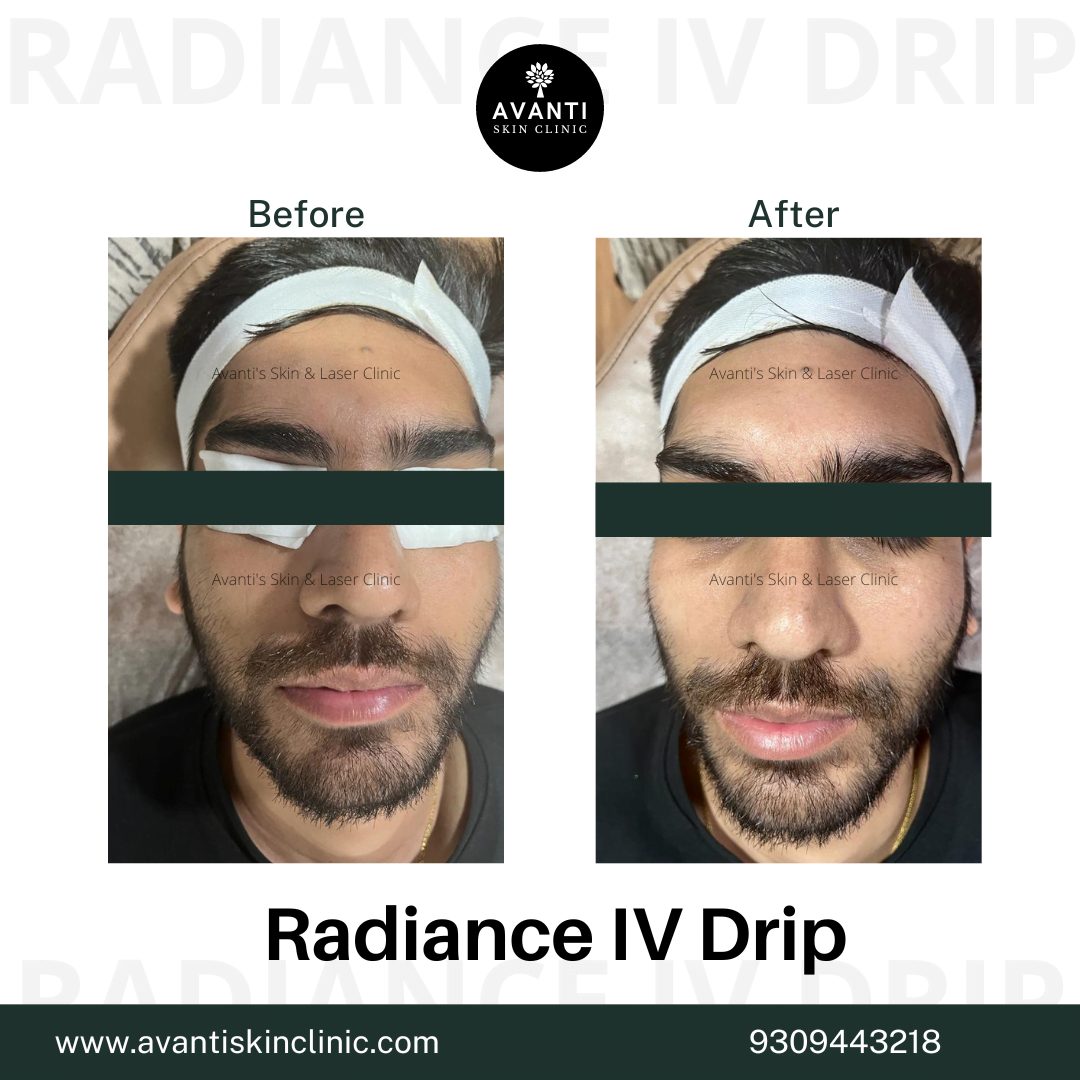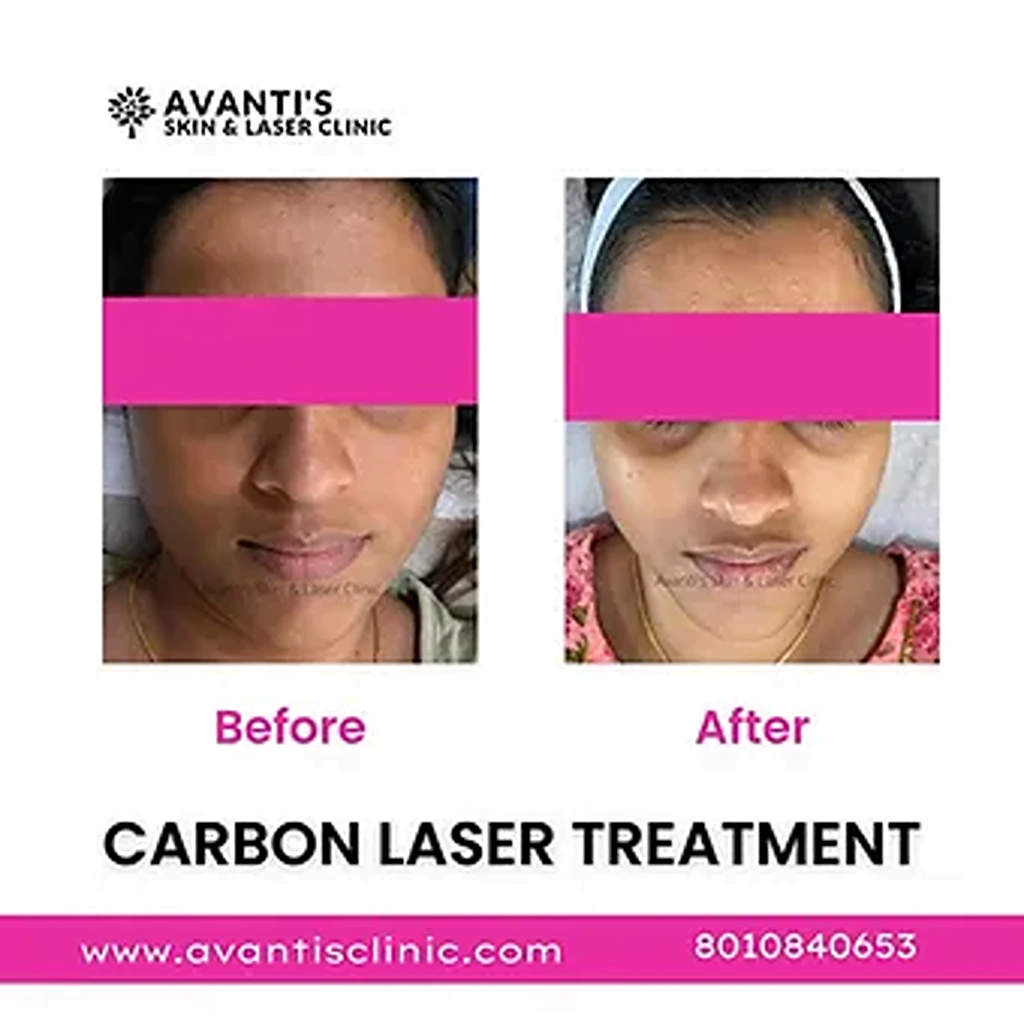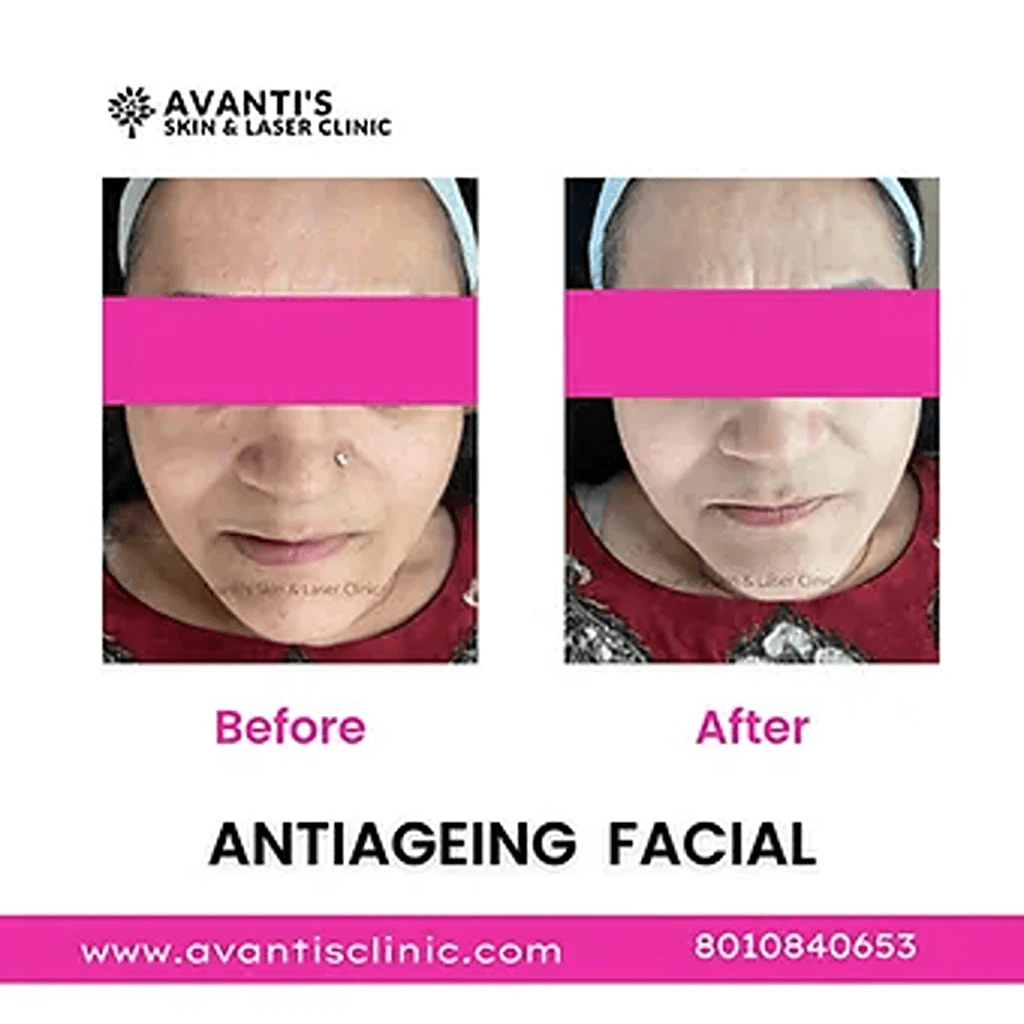What Causes Hyperpigmentation? Complete Guide to Skin Pigmentation
Hyperpigmentation is a common skin condition where certain areas of the skin become darker than the surrounding skin. This darkening occurs when excess melanin, the pigment responsible for skin colour, is produced. While hyperpigmentation itself is usually harmless, it can be distressing for those affected due to its impact on appearance.
Hyperpigmentation Causes
Understanding the causes of skin pigmentation on the body and face can help in both prevention and treatment. Let’s break down some of the most common triggers:
1. Sun Exposure
One of the primary causes of skin pigmentation causes is prolonged exposure to ultraviolet (UV) rays from the sun. The body produces more melanin as a defence mechanism against UV damage, often leading to uneven pigmentation.
2. Hormonal Changes
Hormonal fluctuations, particularly during pregnancy, menopause, or while taking birth control pills, can trigger a type of hyperpigmentation called melasma. This is a significant reason for pigmentation on the face, especially for women.
3. Post-Inflammatory Hyperpigmentation (PIH)
Any form of skin injury, including acne, cuts, or eczema, can leave dark patches behind. This type of pigmentation results from the skin’s inflammatory response.
4. Aging
As we age, our skin becomes more susceptible to body pigmentation causes like age spots or “liver spots.” These are common in areas frequently exposed to the sun, such as the hands, face, and shoulders.
5. Medical Conditions
Certain health issues, such as Addison’s disease or insulin resistance, are linked to what causes pigmentation on the skin.
6. Use of Harsh Skin Products
Using products that irritate or damage the skin barrier can also cause hyperpigmentation. Over-exfoliation and the use of unregulated skincare items often lead to darker patches.
7. Genetics
In some cases, hyperpigmentation causes are hereditary, meaning some individuals are simply more prone to developing pigmentation issues.
Types of Hyperpigmentation
Melasma
Typically appearing as brown or grey patches on the face, melasma is often triggered by hormonal changes and sun exposure.
Age Spots
These flat, dark areas usually appear on sun-exposed parts of the skin and are common as you age.
Post-Inflammatory Hyperpigmentation (PIH)
Dark spots that form after an injury or inflammation, such as acne.
Prevention Tips
- Sun Protection: Always use broad-spectrum sunscreen with SPF 30 or higher.
- Gentle Skincare: Avoid harsh scrubs and skincare products that can damage the skin barrier.
- Healthy Lifestyle: Maintain a balanced diet and avoid smoking to keep skin healthy.
Treatment Options for Hyperpigmentation
If you are wondering about how to deal with causes of skin pigmentation on body, face, or other areas, here are some effective solutions:
1. Topical Treatments
- Hydroquinone: A skin-lightening agent often prescribed for stubborn pigmentation.
- Retinoids: Help promote cell turnover, reducing dark spots over time.
- Vitamin C: An antioxidant that brightens the skin and reduces pigmentation.
2. Professional Procedures
- Chemical Peels: Remove the outer layer of skin to reduce pigmentation.
- Laser Therapy: Targets melanin to break up dark spots.
- Microdermabrasion: Gently exfoliates the top layer of skin for an even tone.
3. Natural Remedies
Some natural ingredients like aloe vera, liquorice extract, and green tea may help lighten dark spots, though results can take longer.
Seeking Expert Help
If you’re struggling to manage what causes pigmentation and looking for effective solutions, it’s essential to consult a dermatologist.
Visit Avanti Skin Care Clinic for Advanced Solutions
At Avanti Skin Care Clinic, we specialize in treating various skin pigmentation causes, including stubborn facial and body pigmentation. Our experts use the latest techniques, from chemical peels to advanced laser treatments, to help you achieve clear, radiant skin.
Contact us today to schedule a personalized consultation and take the first step toward healthier, more even-toned skin.
Frequently Asked Questions
Hyperpigmentation on the face can be caused by excessive sun exposure, hormonal changes, post-inflammatory responses from acne, and ageing. Conditions like melasma and prolonged use of harmful skin care products can also contribute to facial pigmentation.
Hormonal fluctuations during pregnancy often trigger a condition called melasma, also known as the “mask of pregnancy.” It results in brown or grey patches on the face and is a common reason for pigmentation on the face.
Several factors contribute to causes of skin pigmentation on the body, including friction from clothing, hormonal imbalances, underlying health issues such as diabetes, prolonged sun exposure, and post-inflammatory skin conditions.
Mild cases of hyperpigmentation may fade over time, especially if caused by temporary triggers like sun exposure or skin inflammation. However, persistent or severe pigmentation often requires professional treatment, such as chemical peels or laser therapy.
Effective treatments for body pigmentation causes include laser therapy, chemical peels, and topical creams containing ingredients like hydroquinone, retinoids, and vitamin C. Sun protection is crucial to prevent recurrence.
To prevent common skin pigmentation causes, wear sunscreen daily, avoid prolonged sun exposure, use gentle skincare products, and treat skin conditions like acne promptly. Staying hydrated and maintaining a healthy diet may also help.
Dark patches on the neck and underarms can result from friction, obesity, hormonal changes, or conditions like acanthosis nigricans. Improper skincare and hair removal methods may also contribute to body pigmentation causes in these areas.
If over-the-counter treatments are ineffective, or you notice worsening dark patches, consult a dermatologist. Persistent hyperpigmentation causes, such as melasma or post-inflammatory spots, often require professional treatments like chemical peels or laser therapy.

